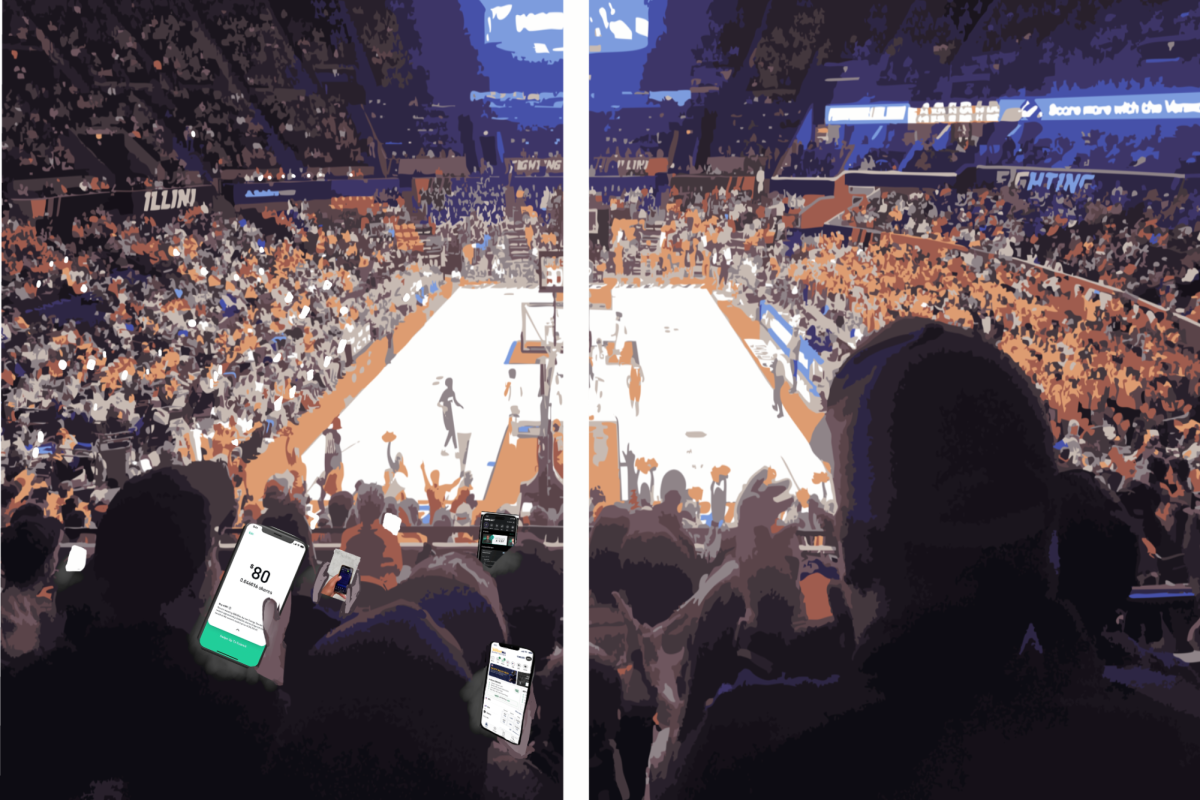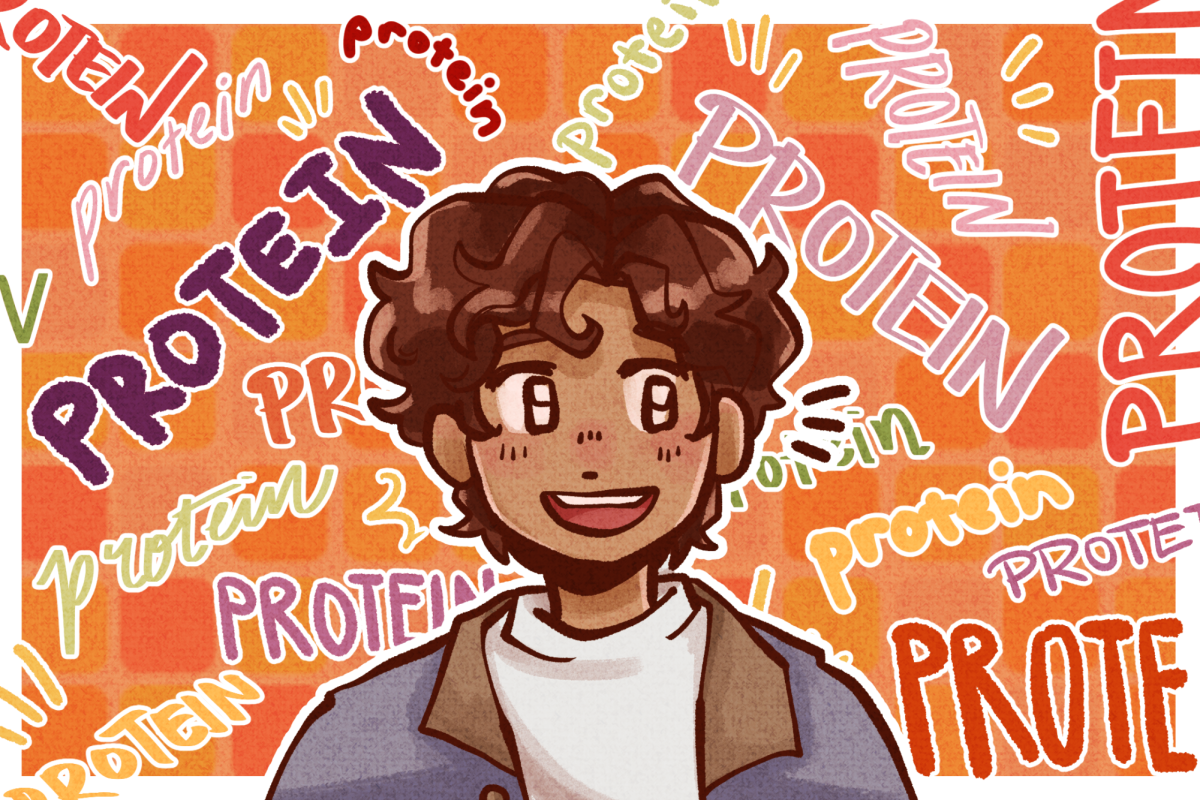Last week, while I was scrolling through TikTok, I found myself mesmerized by a dog doing a handstand. After a good laugh and a share with friends, it hit me — while TikTok is a goldmine for instant entertainment, it’s also a vivid illustration of the micro versus macro thinking dilemma that pervades our digital age.
Macro thinking involves setting long-term goals and understanding broader life ambitions, whereas micro thinking focuses on short-term objectives and immediate gratification.
Culture now frequently revolves around personal development and goal setting. Embracing macro thinking is akin to planting a tree, while micro thinking is like nurturing a potted plant. Both have their place, but one yields a lasting legacy.
TikTok, with its algorithm designed to reward content that quickly captures attention, often encourages a micro perspective. While it’s undoubtedly enjoyable and a platform for creativity, it’s a microcosm of immediate reward over sustained effort.
Calvin Newport, a professor at Georgetown University, notes in his self-help book “Digital Minimalism: Choosing a Focused Life in a Noisy World” that such platforms, while engaging, can divert us from longer-term, more fulfilling pursuits.
Get The Daily Illini in your inbox!
However, this isn’t to demonize TikTok or its users. The platform has undeniable merits in offering a space for expression and connection. The key is balance — using TikTok for enjoyment while not losing sight of the bigger picture. The challenge is to engage with TikTok and similar platforms without letting them dictate our time and overshadow our long-term aspirations.
Artificial intelligence, especially in its current iteration, often mirrors this micro perspective. AI researcher Stuart Russell, in his book “Human Compatible: Artificial Intelligence and the Problem of Control,” writes on excels in optimizing tasks for immediate outcomes. While AI streamlines processes and provides instant solutions, it may not always align with broader, long-term human goals.
Take, for instance, the role of AI in education. While it can offer personalized learning experiences and immediate feedback, it cannot replace the long-term educational journey’s broader aspects, such as critical thinking and personal development. This is where macro thinking becomes essential — recognizing the value of AI while understanding its limitations in the context of our larger life goals.
Furthermore, macro thinking in personal goal-setting fosters resilience, adaptability and a sense of fulfillment that transient, micro-motivated successes cannot match. It’s about seeing beyond the immediate horizon and planning for a future that aligns with our deepest values and aspirations.
To truly harness the benefits of technological advancements like AI and platforms like TikTok, we must learn to navigate them with a macro perspective. This means understanding their role as tools that can enhance our lives, while not losing sight of our overarching goals and the things that give our lives meaning — relationships, personal growth and long-term achievements.
I’d like to conclude by emphasizing the vitality of platforms, like TikTok and OpenAI, in offering immediate gratification and efficiency. These platforms should be engaged with an awareness of our larger life context. The key to coexisting with these platforms is balancing our enjoyment with our goals.
For college students especially, cultivating this balance is crucial in navigating a world increasingly dominated by short-term distractions and AI-driven efficiencies. Remember, the goal is not to forgo the pleasures of the digital age but to engage with them strategically, ensuring they complement — not dictate — our life’s trajectory.
Harrison is a senior in LAS.











